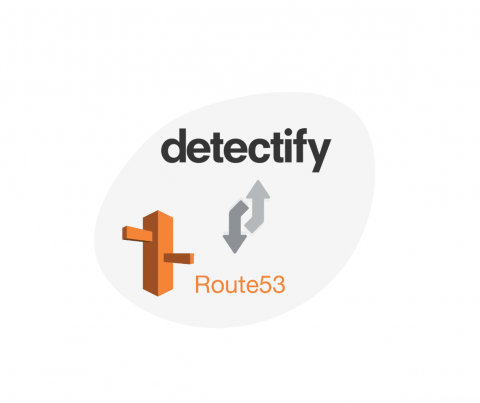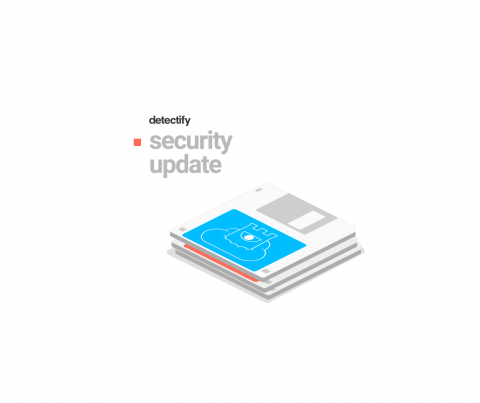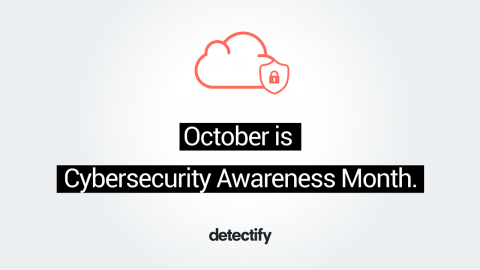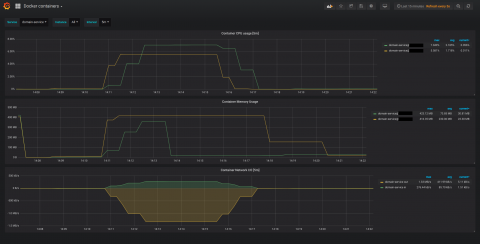Detectify secures 21,5 million in Series B round to bring world-class cyber security to everyone
Stockholm, Sweden. November 26, 2019 – Detectify, today announces a successful Series B round of €21,5 million led by venture capital firm Balderton Capital, and supported by existing investors Paua Ventures, Inventure and Insight Partners. The new funding will be used to continue to hire world-class talent to further accelerate the company’s growth and deliver on Detectify’s promise of a safer internet for all.










